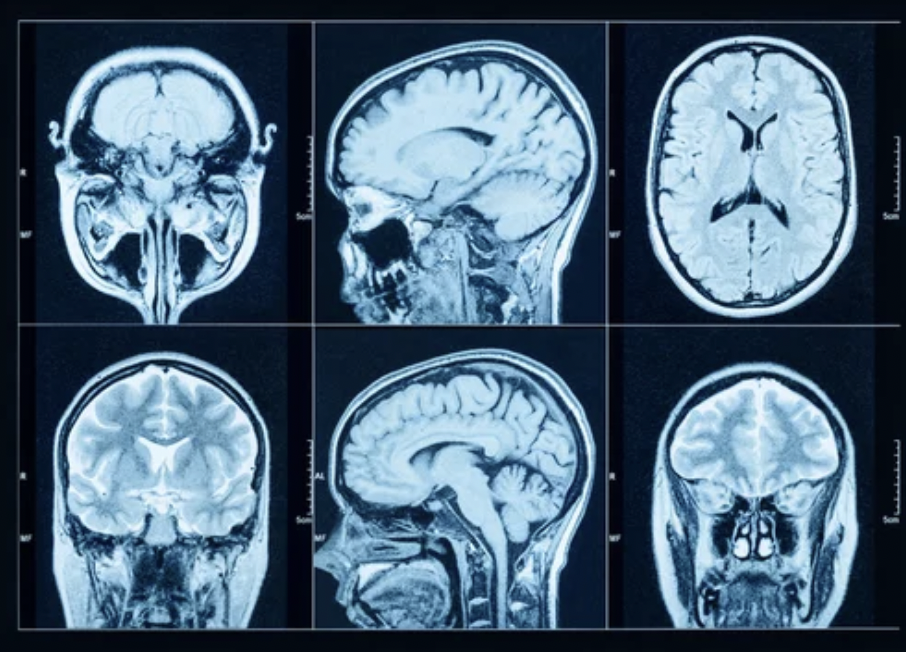Traumatic brain injuries (TBI) and concussions are increasingly recognized for their long-term impact on cognitive functions, particularly in adolescents. These injuries can lead to significant changes in behavior, learning, and overall brain function, often mimicking symptoms commonly associated with Attention Deficit Disorder (ADD) and Attention Deficit Hyperactivity Disorder (ADHD).
The Overlap Between TBI, Concussions, and ADD/ADHD
Adolescents who suffer from TBI or concussions may exhibit symptoms such as difficulty concentrating, memory issues, and impulsive behavior. These cognitive changes are similar to the symptoms of ADD/ADHD, making accurate diagnosis challenging. This overlap can lead to misdiagnosis, where the underlying brain injury is overlooked, and the adolescent is mistakenly treated for ADD/ADHD instead.
Key Cognitive Impacts of TBI and Concussions
- Memory Impairment: Adolescents with TBI often struggle with both short-term and long-term memory, impacting their academic performance and daily activities.
- Attention Deficits: Similar to ADD/ADHD, TBI can cause significant attention deficits, making it difficult for adolescents to focus on tasks and follow through with assignments.
- Executive Functioning Issues: TBI can impair executive functions such as planning, organizing, and problem-solving, leading to difficulties in managing time and completing complex tasks.
- Emotional and Behavioral Changes: Adolescents may experience mood swings, irritability, and increased impulsivity, further complicating the differentiation between TBI and ADD/ADHD.
The Importance of Accurate Diagnosis
Given the similarities in symptoms, it is crucial for healthcare providers to conduct a thorough evaluation when diagnosing cognitive and behavioral issues in adolescents. This evaluation should include a detailed medical history, neuropsychological assessments, and possibly imaging studies to identify any underlying brain injury.
Treatment Approaches
While the treatment for ADD/ADHD and TBI-related cognitive impairments may overlap in some areas, such as behavioral therapy, the presence of a brain injury may require additional interventions. These can include:
– Cognitive Rehabilitation: Tailored programs to help adolescents improve their cognitive functions and compensate for deficits.
– Medication Management: While stimulants are commonly used for ADD/ADHD, other medications may be more appropriate for managing TBI symptoms.
– Educational Support: Individualized Education Programs (IEPs) and accommodations can help adolescents succeed academically.
Conclusion
Understanding the impact of TBI and concussions on cognition is essential for providing appropriate care to adolescents. By recognizing the potential for misdiagnosis and emphasizing the importance of accurate assessment, we can ensure that these young individuals receive the most effective treatment and support.
For more information on this topic or to schedule a consultation, please visit our website at www.mohannairmd.com or contact our office directly by calling 1-562-495-3937

